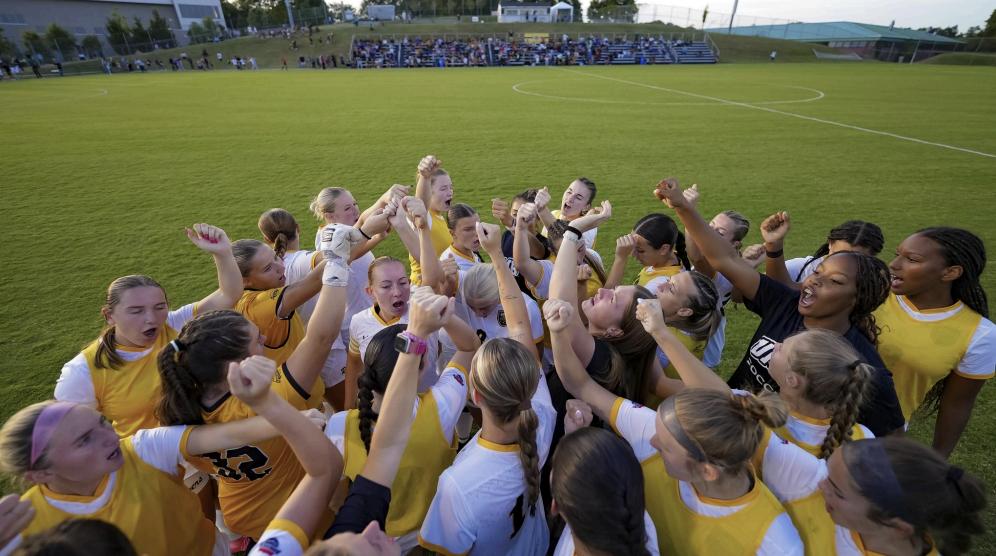Junior global studies major Sophia Lopresti has been confirmed as the Spring 2017 election board chair, a position which has sparked controversy in the university’s yearly Student Government Association elections. Actions are being taken by the SGA to help restore and protect the integrity of the office, as well as the organization as a whole.
Lopresti’s confirmation hearings before the SGA Senate on Dec. 12 and Finance Board on Dec. 13 consisted of a series of questions focused not on integrity, but time commitment. The candidate made clear that her role in the association is a priority, although she has two other large commitments: Global Brigades and her job as a residential assistant.
The candidate also addressed the problems she will face as the Chair, laying out plainly her plan to decrease conflict and unruly behavior in the election board by meeting with SGA candidates prior to running for office. Lopresti was confirmed unanimously in both student government branches, with the exception of one absent member in the Finance Board.
Now two SGA senators have been working on changes to ensure the integrity of elections is not compromised by creating two new sectors of the Student Government Association: a nominating committee for candidates seeking a position on the election board, and an appeals board, to resolve discrepancies between any SGA officer’s conduct and an SGA guiding document, which sets rules that candidates and officeholders must obey.
The nominating committee, which will also be responsible for appointing candidates to the appeals board, will be made up by the president, two senators, and two Finance Board members. The appeals board, also made up of students from a variety of locations, will contain two students appointed by the nominating committee, while three students will come from UMBC’s Student Judicial programs.
One of the senators behind these measures is sophomore information systems major Collin Sullivan. When asked about the unconventional approach of appointing members of the Nominating Committee and Appeals Board from a variety of places, he responded, “I think it’s a really unhealthy mindset to think, ‘Because this structure isn’t seen in any national or state government, we shouldn’t do it.’ I don’t think the goal is to aspire to be like those governments — rather we are actually invested in providing the best experience to students at UMBC we possibly can. This committee will create healthier elections which we believe is a great experience for students.”
The two senators behind the changes, Sullivan and senior political science and economics double-major Evan Leiter-Mason, said the measures will greatly reduce the possibility for corruption if passed.
The policies will be brought up to both the Senate and Finance Board in the form of five bills of joint legislation, during the span of this upcoming week. After this, a special election will take place in which all undergraduate students will have the opportunity to vote on the issues of the nominating committee and appeals board. Some SGA officials said they hope the election will take place prior to spring break.
Many officials are confident that the joint legislation laid out above will pass this week. Speaker of the senate, Sarah Lilly, said she is confident the changes will have a positive impact on future elections and plans on voting in the affirmative for the amendment.
Update: The legislation discussed in this article has passed through both the Senate and Finance Board, and is pending a student vote in a special election.

